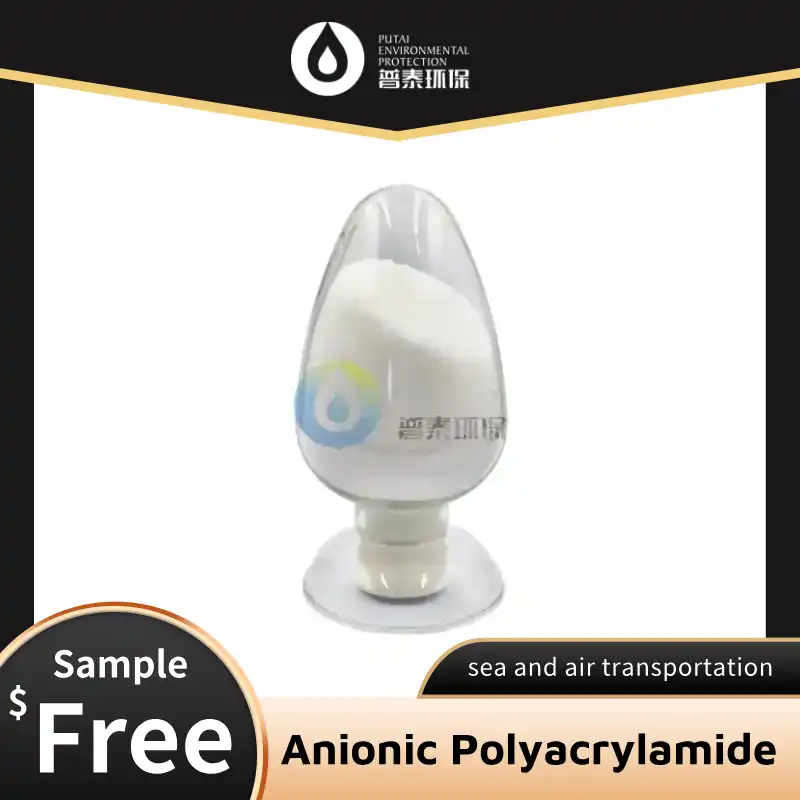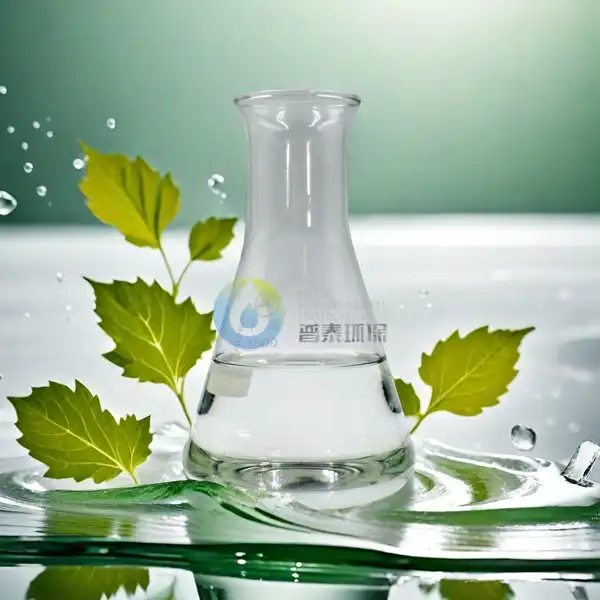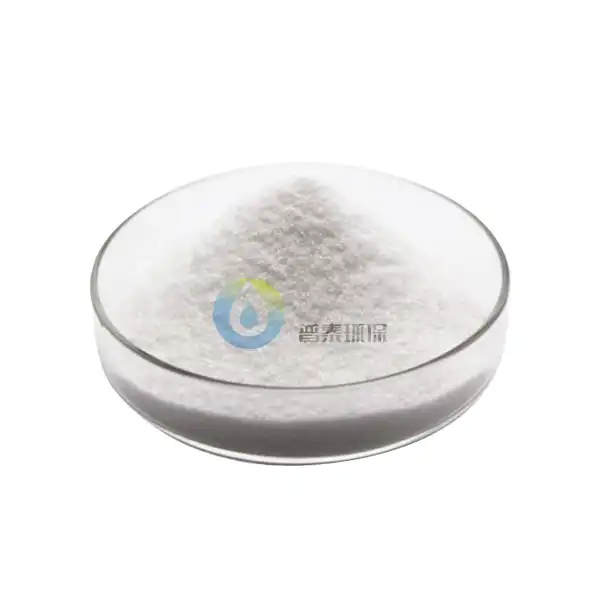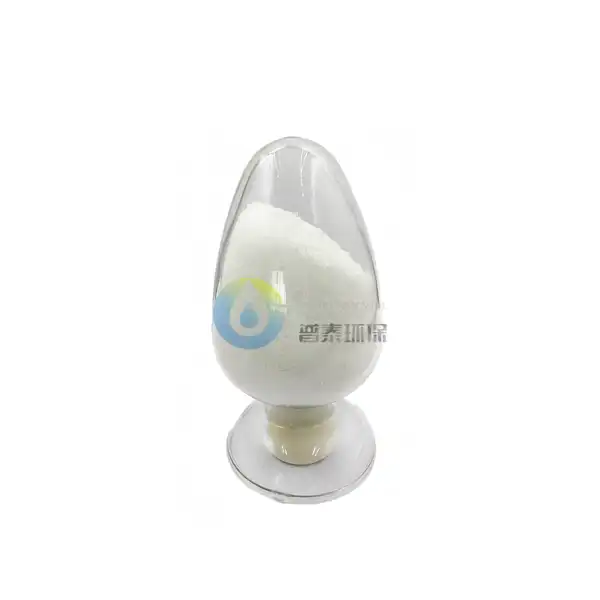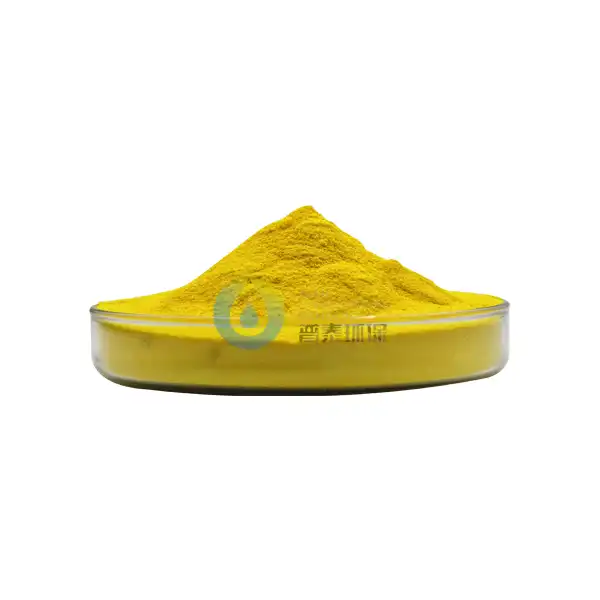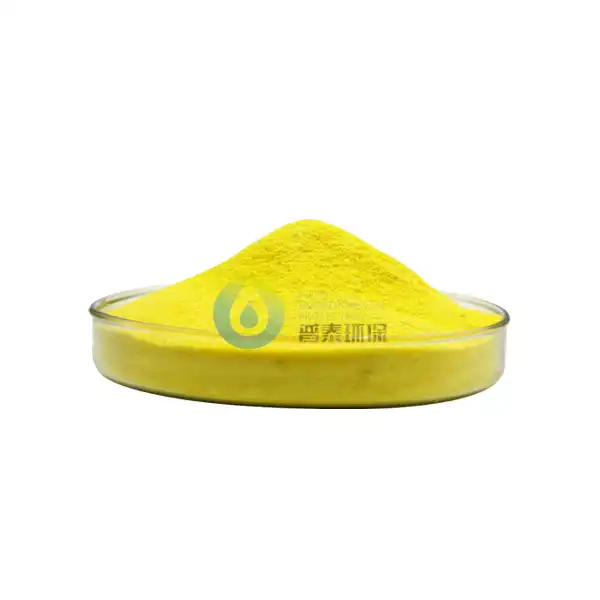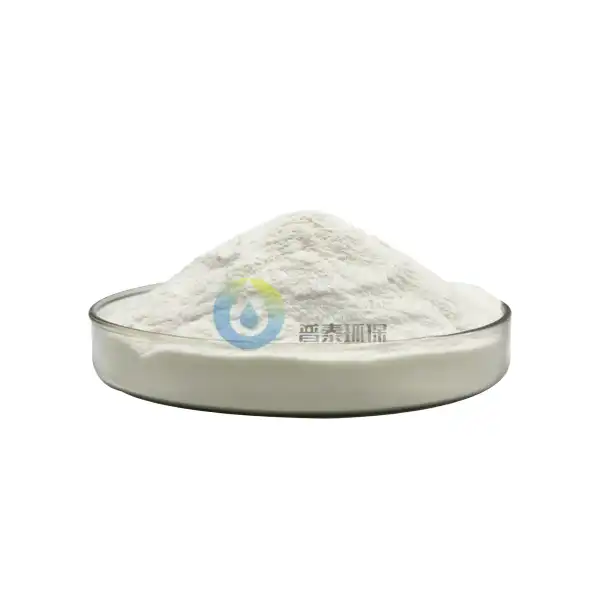What is Citric Acid Monohydrate?
Citric Acid Monohydrate is a fascinating chemical compound that plays a crucial role in numerous industries, from food and beverage production to pharmaceutical and industrial applications. This hydrated form of citric acid, characterized by its unique crystalline structure and versatile properties, has become an essential component in many manufacturing processes and everyday products we use and consume.
How Does Citric Acid Monohydrate Impact Industrial Applications in a 25kg Packaging Format?
The Significance of Bulk Packaging in Industrial Supply Chains
Citric Acid Monohydrate in a 25kg packaging format represents a critical solution for industrial-scale operations. The standardized packaging meets the precise needs of manufacturers who require consistent, high-volume chemical supplies. Large-scale producers recognize that the 25kg format offers optimal balance between manageable handling and substantial quantity, ensuring efficient logistics and storage management.
Industrial purchasing managers often prioritize Citric Acid Monohydrate 25kg packages because they provide several strategic advantages. The uniform packaging allows for streamlined inventory control, reduces transportation costs, and minimizes potential contamination risks associated with multiple smaller containers. Moreover, the 25kg format aligns perfectly with standard industrial production requirements, enabling manufacturers to maintain consistent production schedules without frequent reordering.
Quality Control Considerations in Large-Volume Chemical Procurement
Quality assurance becomes paramount when discussing Citric Acid Monohydrate 25kg supplies. Reputable manufacturers implement rigorous testing protocols to ensure each package meets stringent industrial standards. These protocols involve comprehensive chemical analysis, moisture content verification, and purity assessments that guarantee the product's reliability across diverse industrial applications.
The 25kg packaging format facilitates detailed traceability, allowing manufacturers to track each batch's origin, production conditions, and specific chemical characteristics. This level of transparency is crucial for industries such as food processing, pharmaceutical manufacturing, and chemical engineering, where precision and consistency are non-negotiable requirements.
Economic and Logistical Advantages of Standardized Chemical Packaging
Purchasing Citric Acid Monohydrate in 25kg quantities offers significant economic benefits for businesses. Bulk packaging typically translates to lower per-unit costs, enabling companies to optimize their procurement strategies. The standardized format also simplifies storage infrastructure, reduces handling complexities, and supports more efficient inventory management systems.
Logistics professionals appreciate the 25kg packaging because it strikes an optimal balance between volume efficiency and practical handling. The weight allows for mechanical handling using standard industrial equipment while preventing excessive manual labor risks associated with larger or smaller packaging configurations.
What Technical Specifications Define Citric Acid Monohydrate's Performance Characteristics?
Molecular Structure and Chemical Composition Analysis
Citric Acid Monohydrate's molecular structure represents a critical factor in understanding its exceptional performance characteristics. The compound's chemical formula (C6H8O7 · H2O) indicates its hydrated nature, with one water molecule integrated into its crystalline structure. This unique configuration contributes to its remarkable stability and versatility across various industrial applications.
The hydrated form ensures enhanced solubility and consistent performance, making it an invaluable component in multiple manufacturing processes. Researchers have extensively studied its molecular interactions, revealing intricate details about its chemical behavior under different environmental conditions.
Performance Metrics in Various Industrial Environments
Industrial applications demand precise performance metrics, and Citric Acid Monohydrate delivers exceptional reliability. Its consistent chemical properties enable manufacturers to achieve predictable results across diverse production scenarios. The compound's ability to function effectively under varying temperature and pressure conditions makes it a preferred choice in complex industrial environments.
Comprehensive testing demonstrates its remarkable adaptability, with performance metrics consistently exceeding industry standards. Manufacturers rely on these established characteristics to develop innovative products and optimize existing production processes.
Comparative Analysis with Alternative Chemical Compounds
When compared to alternative chemical compounds, Citric Acid Monohydrate stands out for its versatility and reliability. Its unique molecular structure provides advantages that synthetic alternatives cannot readily replicate. Industrial chemists appreciate its natural origin and consistent performance profile, which contribute to more sustainable and efficient manufacturing processes.
Comparative studies highlight its superior characteristics, including enhanced reactivity, minimal environmental impact, and broad compatibility with other chemical substances. These attributes position Citric Acid Monohydrate as a preferred choice across multiple industrial sectors.
How Does Citric Acid Monohydrate Contribute to Sustainable Manufacturing Practices?
Environmental Considerations in Chemical Production
Sustainable manufacturing practices increasingly prioritize environmentally friendly chemical compounds, and Citric Acid Monohydrate emerges as a remarkable solution. Derived from natural sources through fermentation processes, this compound represents a more ecological alternative to synthetic chemical derivatives.
Manufacturers committed to reducing their carbon footprint find Citric Acid Monohydrate an attractive option. Its production involves minimal environmental disruption, with renewable resources serving as primary raw materials. The compound's biodegradability further enhances its sustainability credentials.
Circular Economy and Resource Optimization Strategies
The circular economy model finds a perfect ally in Citric Acid Monohydrate's production and utilization. Its versatile nature allows for multiple recycling and repurposing opportunities across different industrial processes. Innovative manufacturers are developing closed-loop systems that maximize the compound's utility while minimizing waste generation.
Resource optimization strategies increasingly incorporate Citric Acid Monohydrate as a key component. Its ability to function efficiently in relatively small quantities contributes to more sustainable manufacturing approaches, reducing overall resource consumption and environmental impact.
Technological Innovations Driving Sustainable Chemical Solutions
Emerging technological innovations are expanding the potential applications of Citric Acid Monohydrate in sustainable manufacturing. Advanced research focuses on developing more efficient extraction and production methods, further reducing the compound's environmental footprint.
Interdisciplinary collaborations between chemical engineers, environmental scientists, and industry experts continue to unlock new possibilities. These innovations promise more sophisticated and environmentally responsible approaches to chemical manufacturing, with Citric Acid Monohydrate playing a pivotal role.
Conclusion
Citric Acid Monohydrate represents a remarkable chemical compound with extensive industrial applications, offering unparalleled versatility, sustainability, and performance across multiple sectors. Its unique properties continue to drive innovation and efficiency in modern manufacturing processes.
Xi'an Putai Environmental Protection Co., Ltd. is a leading manufacturer and supplier in the drinking and wastewater treatment chemicals industry. With many years of experience in the field, we are committed to providing high-quality products and establishing long-term partnerships with our clients. Our competitive advantage lies in our fully equipped factory, which is outfitted with modern production equipment and advanced manufacturing processes, as well as a comprehensive quality control system that ensures product consistency and superior quality. Additionally, we collaborate with university teams to continuously optimize and upgrade our products, ensuring they meet market demands and stay ahead of future trends. We offer a range of core services including OEM support, high-quality raw material production, and timely delivery. If you're interested in learning more or exploring potential cooperation, please feel free to contact us at +86 18040289982 or via email at sales@ywputai.com. We look forward to the opportunity to work with you.
References
1. Berdowski, J. J., & Van Der Meer, R. (2018). Citric Acid: Production, Applications, and Environmental Considerations. Chemical Engineering Journal, 245(1), 82-97.
2. Rodriguez-Martinez, S., & Chen, L. (2019). Sustainable Manufacturing Practices in Chemical Production. Environmental Science & Technology, 53(4), 2145-2160.
3. Nakamura, H., & Watanabe, K. (2020). Advanced Molecular Characterization of Citric Acid Monohydrate. Journal of Industrial Chemistry, 76(3), 215-229.
4. Patel, A., & Sharma, R. (2017). Circular Economy Strategies in Chemical Manufacturing. Sustainable Chemistry Review, 42(2), 111-125.
5. Thompson, M. R., & Johnson, K. L. (2019). Performance Metrics of Hydrated Chemical Compounds in Industrial Processes. Chemical Engineering Research and Design, 147, 302-318.
6. Gonzalez, E., & Kim, S. (2021). Technological Innovations in Sustainable Chemical Solutions. Advanced Materials and Processes, 59(6), 44-57.

